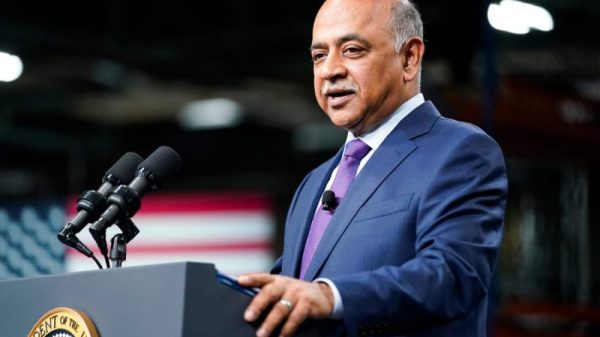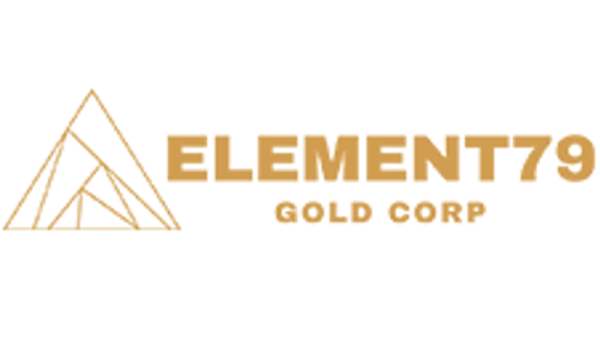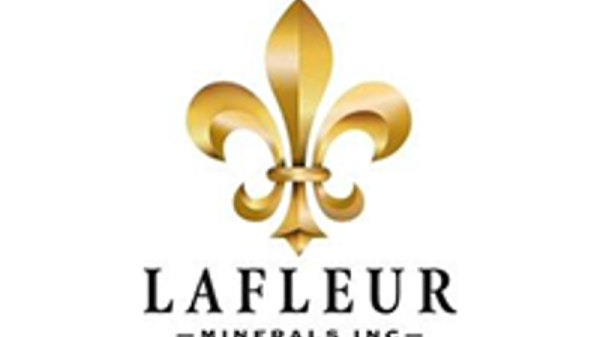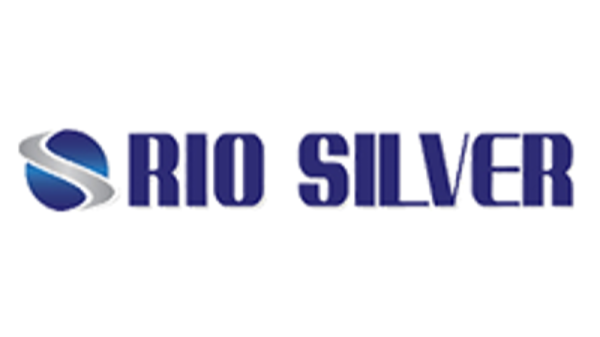Argentina’s Inflation Dips Below 10% Amid Austerity
Quick Look:
Inflation Trends: Expected to drop 10% below in April, signalling a possible stabilisation from recent hyperinflation;
Legal and Financial Struggles: A U.S. court has temporarily blocked a crucial bond payment, increasing the risk of default;
Economic Outlook: Despite a slowing inflation rate, Argentina faces high debt servicing costs and dwindling central bank reserves, indicating ongoing economic challenges.
Argentina, a country historically plagued by economic volatility, may be seeing the early signs of stabilisation. Monthly inflation is expected to fall below 10% in April. This anticipated decrease is a significant marker and potentially indicates the effectiveness of recently implemented austerity measures under President Javier Milei’s administration. After months of escalating prices, the slowdown in inflation for March—rising at 11% from February, below the forecasted 12.1%—suggests a cooling trend. Meanwhile, although inflation from a year ago hit a staggering 287.9%, the highest since the early 1990s post-hyperinflation period, these recent figures inject cautious optimism into the economic discourse surrounding Argentina.
Legal and Fiscal Challenges Amidst Economic Policies
Despite the promising signs of reduced inflation, Argentina’s financial journey remains fraught with challenges. The country recently made a crucial payment to avoid defaulting on its restructured bonds. However, a U.S. federal court decision has temporarily blocked this payment. This development is part of a longstanding legal battle with creditors who did not accept the terms of the debt restructurings in 2005 and 2010. These creditors are now seeking full repayment. With a looming deadline in July to negotiate with these holdout creditors, Argentina is under pressure. The country needs to find a resolution to avoid slipping into technical default. Consequently, this scenario underscores the delicate balance the country must maintain. Argentina is tasked with implementing tough economic reforms while managing its international financial obligations.
Argentina’s Economy Staggers: Inflation and Soaring Debt
The recent court ruling has not led to a drastic downturn in Argentina’s financial markets, which only slipped slightly. This muted response from investors may indicate a belief that Argentina will use the 30-day grace period effectively to negotiate with the holdout creditors. Despite this, the broader economic picture remains challenging. Argentina’s debt servicing costs are expected to more than double in 2015 as the economy stagnates and inflation continues to soar. Moreover, the country’s central bank reserves have dramatically decreased, reaching an eight-year low after falling by 30% last year, exacerbated by the timing of revenue from main farm exports like soy and corn.
These economic indicators paint a complex picture for Argentina. The reduction in monthly inflation provides a beacon of hope. Hence, it suggests that Milei’s austere policies might be starting to bear fruit. However, the country’s economic recovery is still very much in a precarious phase. Furthermore, the outcome of the ongoing negotiations with creditors will be critical. Additionally, the government’s ability to further control inflation and stimulate economic growth will play a vital role in determining Argentina’s financial future. As stakeholders watch closely, the next few months will be crucial. Argentina strives to regain economic stability and confidence, both domestically and on the international stage.
The post Argentina’s Inflation Dips Below 10% Amid Austerity appeared first on FinanceBrokerage.


































